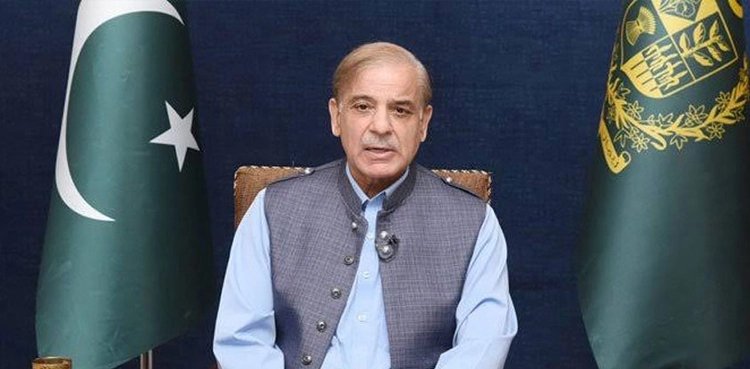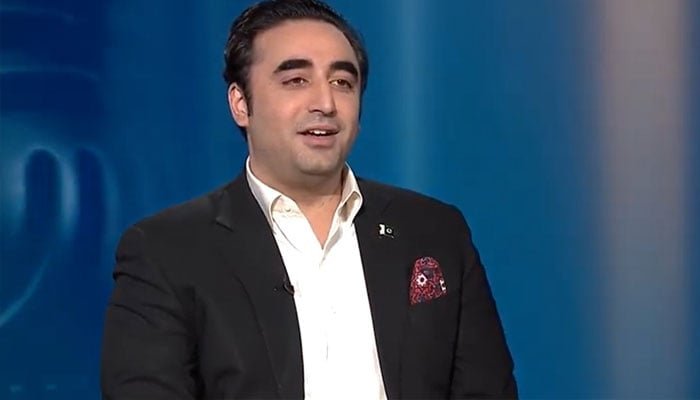Opposition parties in Pakistan have joined forces to vehemently denounce the intra-party elections of the Pakistan Tehreek-e-Insaf (PTI), accusing the party of orchestrating one of the worst instances of election rigging. The parties have collectively called for a rejection of the results and urged the Election Commission to take notice.
Maryam Aurangzeb, the spokesperson for the Pakistan Muslim League-Nawaz (PML-N), during discussions on the PTI’s intra-party election, stated that what transpired was not an election but a spectacle, emphasizing that the PTI’s internal election process lacked voters, a voter list, presiding officers, or an election process.
Calling for a notice from the Election Commission, Aurangzeb criticized the PTI leadership, asserting that the founders, leaders, and workers were forcibly kept out of the election process, labeling it as “dhundla” (opaque), “amreit” (arbitrary), and “selection.”
Faisal Karim Kundi of the Pakistan Peoples Party (PPP) also demanded a notice from the Election Commission, expressing concern about a party founded on corruption leading the nation. He questioned what such a party would do when the foundations were laid on deceit.
Addressing the Election Commission, Kundi raised the crucial question of whether marginalized individuals would be allowed to participate in elections. The spokesperson for the Awami Pakistan Party, Farhatullah Babar, echoed the sentiment, emphasizing the importance of transparency in the electoral process.
Pakistan Tehreek-e-Insaf parliamentarians have also called for an investigation into the intra-party elections, questioning the legitimacy of the process. Former federal minister Pervez Khattak urged the PTI to conduct transparent internal elections before raising questions about the transparency of general elections.
Amidst the growing chorus of opposition, Akbar S. Babar, a founding member of PTI, announced a challenge against the intra-party elections. He criticized the party’s leadership for violating the fundamental rights of workers, who were initially downgraded due to corruption and were now being sidelined further.
In the evolving political landscape of Pakistan, the criticism of PTI’s internal processes raises questions about the party’s commitment to democratic principles and accountability.



